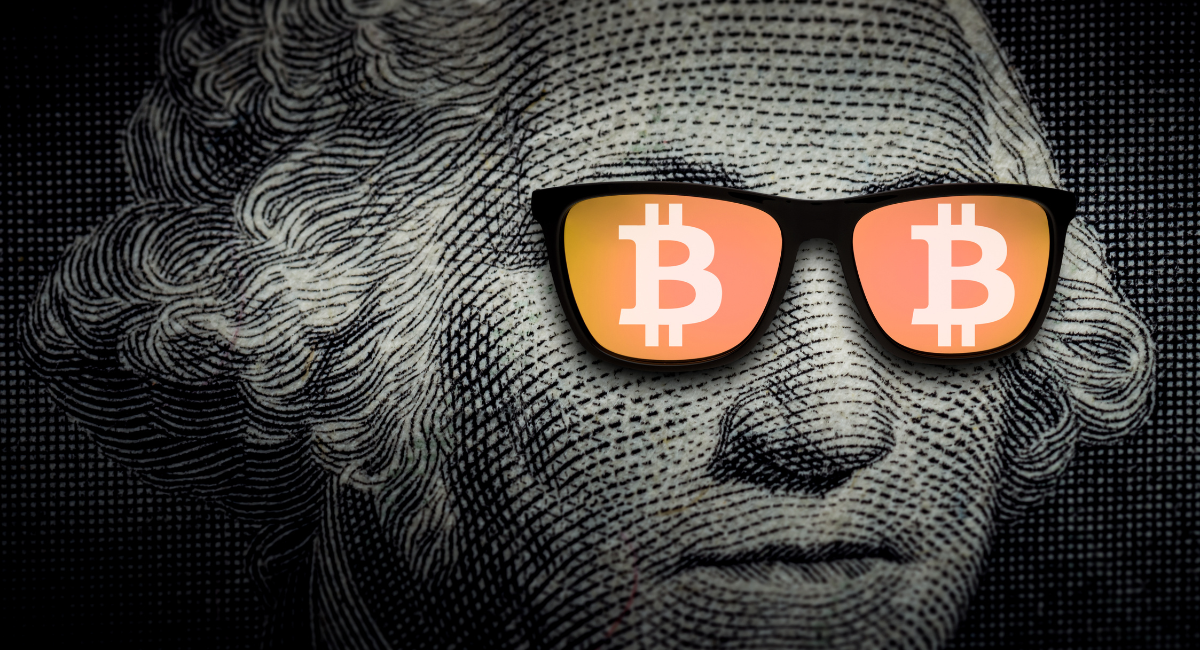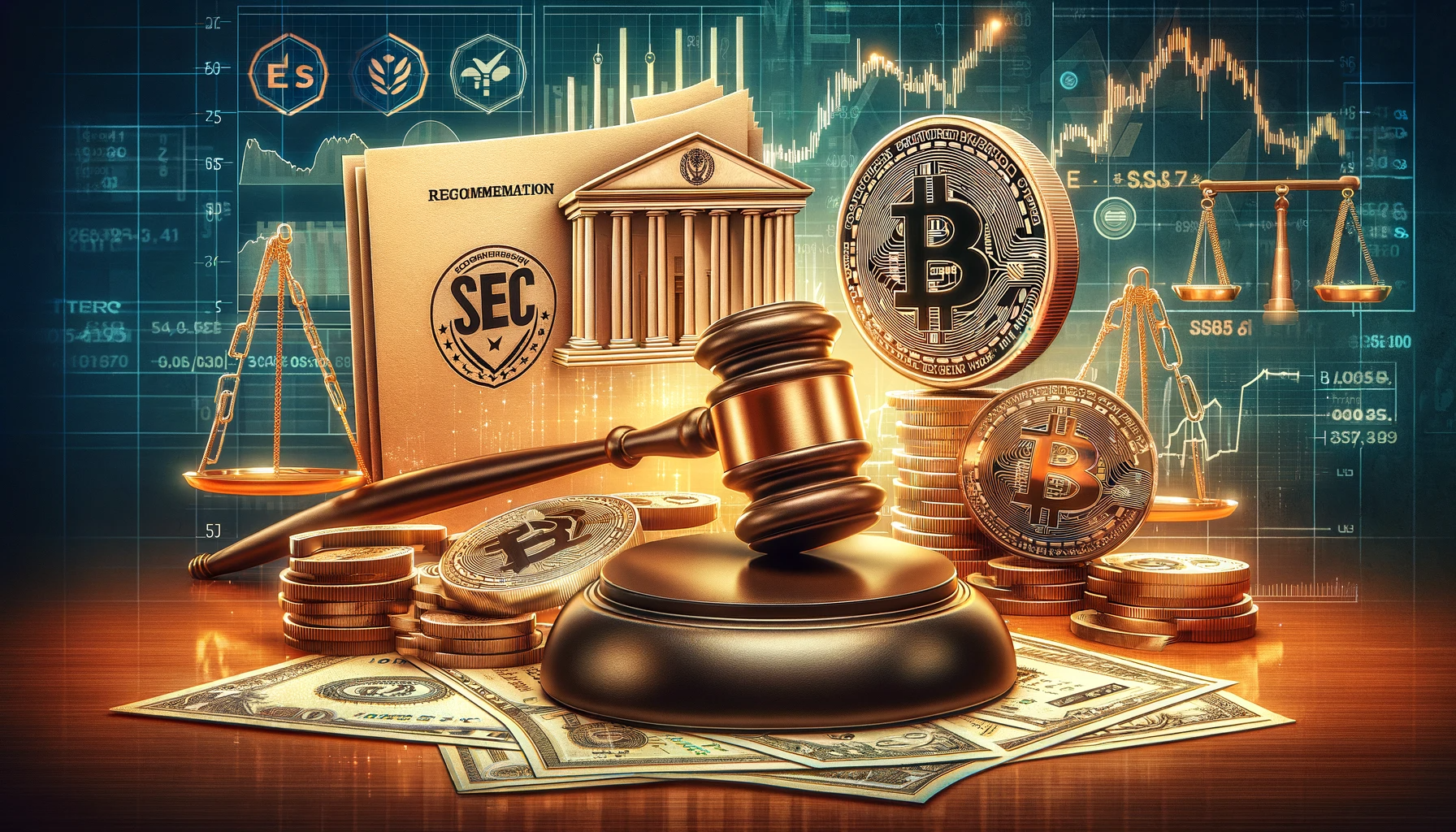Blockchain
G20 Agrees on Global Crypto Regulation Framework and Reform of Multilateral Development Banks

Finance ministers and central bank governors from the G20 nations convened for their final meeting during India’s presidency, resulting in significant agreements to address global financial concerns. These discussions yielded two notable outcomes: the commitment to developing a comprehensive framework for regulating crypto assets and the push for reforms within multilateral development banks (MDBs) to provide more funding, particularly for climate action, in developing and impoverished countries.
1. Global Framework for Regulating Crypto Assets
One of the key takeaways from the G20 meeting was the consensus to develop a unified global framework for regulating cryptocurrency assets. The rapid growth of the crypto market has brought both excitement and apprehension. Concerns regarding investor protection, financial stability, and potential illicit activities have prompted regulatory efforts worldwide.
The move towards a global framework is significant as it acknowledges that cryptocurrencies are a global phenomenon that transcends national boundaries. Achieving consistency in regulation can help mitigate risks and provide clarity for both the industry and investors. It is worth noting that individual nations have varying approaches to crypto regulation, ranging from embracing it to imposing strict restrictions. A coordinated international effort may help streamline these disparities and foster a more secure environment for crypto transactions.
Also Read: FTX Hacker Shuffles $120 Million Amid Sam Bankman-Fried Trial: Elliptic Raises Questions
This commitment from the G20 reflects the growing recognition of cryptocurrencies as a significant part of the financial landscape and emphasizes the need for cooperation among nations to address associated challenges. The specifics of this framework are yet to be determined, and it will likely be the result of continued discussions among member countries.
2. Reform of Multilateral Development Banks for Increased Funding
Another major focus of the G20 meeting was the reform of multilateral development banks (MDBs), including the World Bank, to ensure that developing and poor countries receive more funding. The need for increased funding, especially in the context of climate action, has gained prominence in international discussions as the global community seeks to address pressing environmental concerns.
India’s Finance Minister, Nirmala Sitharaman, highlighted the progress made on MDB reforms and the endorsement of recommendations put forth by an independent group co-chaired by Larry Summers and NK Singh. These reforms aim to make MDBs more efficient and better equipped to meet the financial needs of countries striving to combat climate change and achieve sustainable development. The commitment to these reforms was echoed by various G20 members, with the UK Chancellor of the Exchequer, Jeremy Hunt, being among the first to pledge capital support for MDBs.
This renewed emphasis on reforming MDBs underscores the significance of international cooperation in addressing global challenges. Climate action is a pressing concern, and increased funding is vital for implementing initiatives aimed at mitigating the effects of climate change. MDBs play a pivotal role in financing projects that contribute to sustainable development, and their reform is a critical step in ensuring that financial resources are directed to where they are needed most.
In conclusion, the recent G20 meeting held during India’s presidency produced two significant agreements. The commitment to developing a global framework for regulating cryptocurrency assets reflects the growing recognition of the need for international cooperation in addressing the challenges posed by the crypto market. Additionally, the focus on reforming MDBs to provide increased funding, particularly for climate action, underscores the importance of working together to tackle global issues. As these initiatives progress, they hold the potential to reshape the financial and development landscapes on a global scale.
Blockchain
US GAO Issues Key Recommendations to SEC Prior to Historic Spot Bitcoin ETF Approval
Blockchain
Bitcoin ETFs Witness Surge in Trading Activity as SEC Approves 11 Products

In a significant development for the cryptocurrency industry, the U.S. Securities and Exchange Commission (SEC) recently approved 11 spot Bitcoin exchange-traded funds (ETFs). This approval comes after a decade-long struggle between regulators and the digital asset industry, marking a watershed moment for the acceptance of digital assets as mainstream investments. Among the approved ETFs are BlackRock’s iShares Bitcoin Trust, Grayscale Bitcoin Trust, and ARK 21Shares Bitcoin ETF.
Unprecedented Inflows:
On the first day of trading, these ETFs saw impressive activity, with $4.6 billion worth of shares changing hands across all the products, according to LSEG data. Bitwise, a crypto asset manager, reported that its spot Bitcoin ETF alone attracted $240 million, making it the most popular among the newly introduced products. Grayscale, BlackRock, and Fidelity dominated total trading activity, according to the LSEG data.
Also Read: Grayscale Court Decision Crucial in SEC’s Approval of Bitcoin ETFs, Says Chairman Gary Gensler
Bitwise’s Chief Investment Officer, Matt Hougan, expressed optimism about the future, stating, “We think that this will become a market measured in the tens of billions of dollars.” This surge in interest highlights a growing acceptance of Bitcoin and other cryptocurrencies among traditional investors.
Competition and Fee Wars:
The SEC’s approval has sparked intense competition among issuers to gain market share. Franklin Templeton, reacting swiftly, slashed the fee for its Bitcoin ETF to 0.19 percent, the lowest in the market. Additionally, the company waived fees entirely on the product’s first $10 billion in assets under management until August. Valkyrie, another player in the space, reduced its fees to 0.25 percent after its ETF started trading. This fee war is indicative of the fierce competition among ETF issuers to attract investor capital.
Grayscale’s Transition to ETF:
Grayscale, a prominent player in the cryptocurrency investment space, received approval to convert its existing Bitcoin trust into an ETF. This move instantly made it the world’s largest Bitcoin ETF, managing over $28.6 billion in assets. Despite this success, the ETF experienced outflows of $95 million on the first day of trading. The ability of Grayscale to navigate this transition will be closely watched, as it sets a precedent for other trusts considering a similar shift.
Regulatory Caution:
While the SEC’s approval is a significant step forward, it is important to note that SEC Chair Gary Gensler emphasized that the decision should not be interpreted as an endorsement of Bitcoin. Gensler referred to Bitcoin as a “speculative, volatile asset,” highlighting ongoing concerns about investor protection. The regulatory nod indicates a willingness to explore the potential of digital assets, but caution is warranted as the market continues to evolve.
Conclusion:
The approval of 11 spot Bitcoin ETFs by the SEC marks a turning point for the cryptocurrency industry. The influx of billions of dollars within the first day of trading demonstrates a growing acceptance of digital assets among traditional investors. The fee wars among ETF issuers and Grayscale’s transition into an ETF further highlight the competitive dynamics and challenges in the market. As the cryptocurrency market matures, ongoing regulatory scrutiny and investor sentiment will play crucial roles in shaping the future of these innovative financial products.
Blockchain
Tether CEO Advocates for Real-World Use Cases in Crypto Without Blockchain or Tokens

In a recent exclusive interview with Cointelegraph, Tether CEO Paolo Ardoino has voiced his belief that the future of the crypto industry lies in providing real-world use cases without necessarily relying on tokens or blockchain technology. Ardoino argues that the next breakthrough in the industry should focus on the fundamental value proposition offered by cryptography, emphasizing peer-to-peer transactions and privacy protections.
“Crypto doesn’t need a blockchain. It doesn’t need a token,” Ardoino stated, challenging the conventional reliance on these technologies. He proposes that the industry should shift its focus towards practical applications that offer tangible benefits to users.
Ardoino suggests that potential killer apps in the crypto space could take the form of everyday solutions, such as a booking system or a competitor to ride-sharing services like Uber. The key, according to him, is to leverage the core strengths of cryptography in facilitating secure and private peer-to-peer transactions.
One of the primary concerns raised by Ardoino is the centralization and regulatory scrutiny associated with token issuance. He argues that introducing a token creates a centralized point of failure, increasing the likelihood of regulatory challenges. Ardoino notes that many projects that issued tokens are currently under the scrutiny of regulatory bodies like the U.S. Securities and Exchange Commission (SEC).
“To be decentralized, this system wouldn’t need blockchain technology, which is slow and requires a global shared state,” Ardoino explained. He cited BitTorrent as an example of a decentralized system that achieved success without relying on blockchain technology.
The Tether CEO contends that departing from the conventional blockchain and token model could lead to more innovation and adoption in the crypto industry. By focusing on the core principles of cryptography, projects can potentially avoid regulatory challenges and offer solutions that resonate with a broader audience.
Also read:Bitcoin-Centric Firms Surge in Pre-market as BTC Soars Past $45K
As the crypto industry continues to evolve, Ardoino’s perspective challenges the status quo, encouraging a shift towards real-world applications that prioritize user experience and practicality over traditional blockchain and token-centric approaches.




















